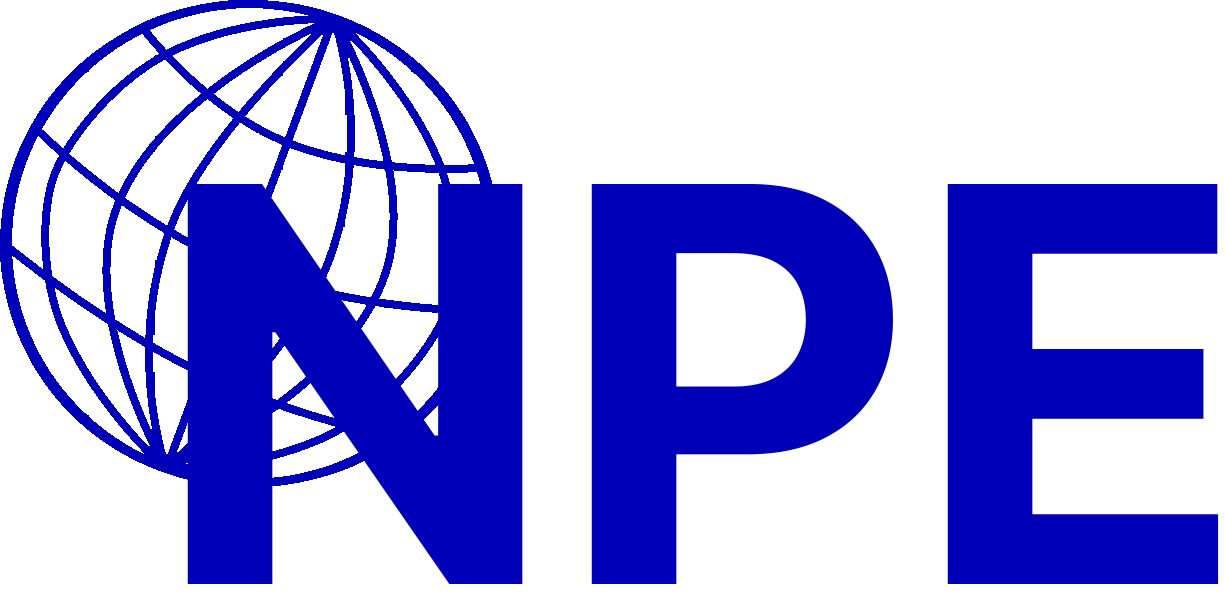Product 1
Preliminary Planning
Preliminary planning usually begins when an idea for an investment has emerged.
Typically, preliminary planning is carried out in two phases. In the first phase, a lighter study is conducted with an agreed level of accuracy (+- xx%).
If the initial study appears promising, a second-phase study is usually conducted with increased accuracy. This second phase aims to answer any questions that remained unresolved in the first phase.
If, after this second phase, the investment appears reasonable and profitable, a decision may be made, and the implementation phase can begin.
Product 2
Implementation Planning
Implementation planning is generally divided into two parts.
2.1
Basic Design
This phase continues from where the preliminary planning left off.
Basic engineering defines aspects related to planning, such as processes, sizing, functions, dimensions, materials, procurement, etc.
2.2 Detailed Design
At this stage, the engineering materials are finalized based on the information produced during basic engineering.
The result of this phase is a set of engineering documents that enable the installation, testing, commissioning, and maintenance of the mill.
Product 3
Review and Testing of Plans
It is essential to review and approve the completed plans before they are implemented.
In automation, information technology, and electrical systems, it is crucial to test the software and hardware connections before delivery to the client’s mill.
Product 4
Delivery Supervision
This process is especially important in large projects, particularly when suppliers have a high volume of orders.
The likelihood of delayed deliveries should be minimized as much as possible.
Product 5
Installation Supervision
In many areas, it is important for designers to participate in supervising installation work to ensure that the installation process proceeds efficiently and without errors.
Product 6
Mill Testing
Especially after automation, electrical, and IT installations, mill-specific testing should be performed.
This ensures that the entire signal path from start to finish is tested.
Designers are usually the only personnel with the necessary expertise to carry out or lead this work.
Product 7
Commissioning Support
When a mill is being commissioned, it is beneficial to have designers from different project fields present to support the process.
Experts in process, automation, electrical, and IT fields should especially be involved.
Product 8
Operational Support
It is often beneficial for a designer’s representative to be present during the tuning phase of the facility’s operation after commissioning.
